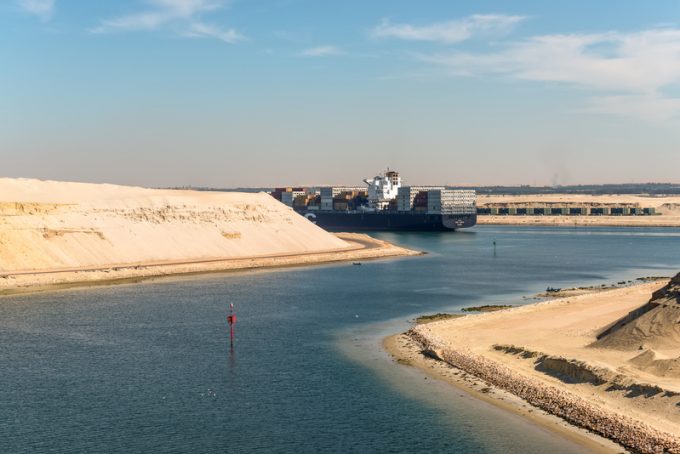Maersk u-turn as port congestion increases across Northern Europe
Just a few months after electing to swap its UK hub from Felixstowe to London ...

The Suez Canal Authority (SCA) is set to lose over $10m in revenue from container lines routing vessels via the Cape of Good Hope rather than its waterway.
According to new Alphaliner research, “the number of containerships that have opted to use the Cape route and bypass the Suez Canal has risen to a historic peace-time high,” including at least 20 sailings on the Asia-Europe, Europe-Asia and North America east coast-Asia trades.
“A unique combination of a container tonnage surplus and rock-bottom ...
Maersk u-turn as port congestion increases across Northern Europe
Maersk Air Cargo sees volumes fall as it aims for 'margin in favour of revenue'
Keep our news independent, by supporting The Loadstar
Container spot rates diverge: to Europe still falling, but firmer to the US
Hapag-Lloyd won't take bookings if port congestion leaves cargo stranded
Ecommerce likely the front-runner in resurge of transpacific trade after deal
Containership charter market feels the ripples from trade tensions
Airfreight players eye new routes as demand on the transpacific nosedives

Comment on this article
Patrick Rumble
December 02, 2020 at 9:04 amIn various sites in and around Cape Town there are many, many empty containers staged. How come there is a shortage of containers?